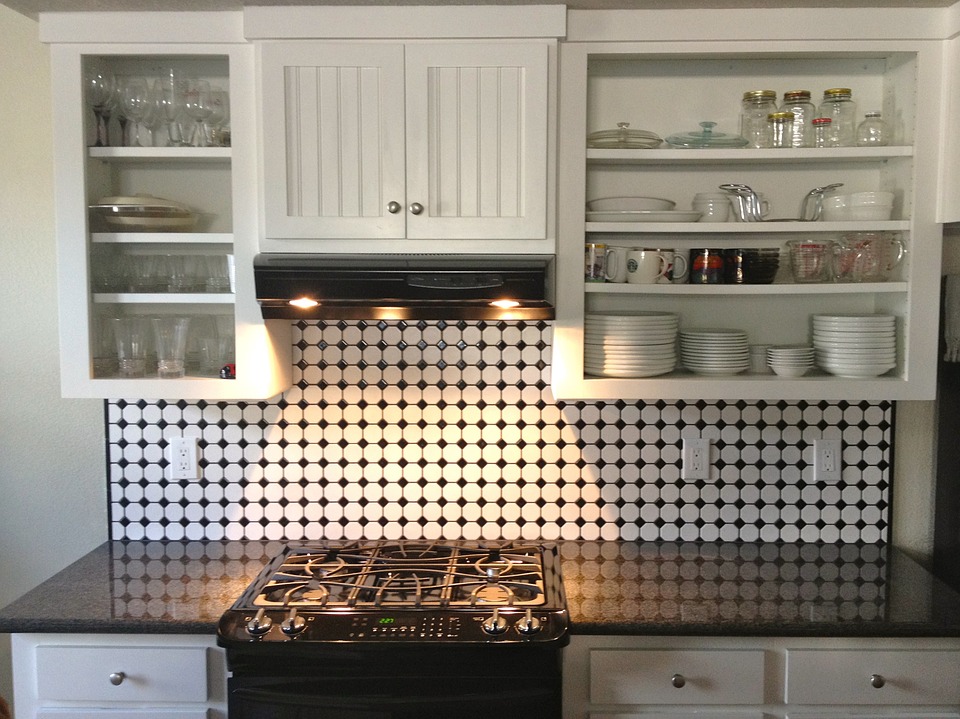
When it comes to kitchen counters, the options are seemingly endless. But each different material needs to be used and cared for in a different way. So how do you know what to do?
First, you need to determine what material your counters are made of. Perhaps you already know, or if you are leasing, the homeowner does. If not, you could do some research on the internet and compare images of different countertops until you find an exact match. Or your could ask your local home inspector to take a look and identify it for you.
Next, you need to research the specific properties of your countertop. Do you leave your pots on the counter after cooking? Some materials are heat resistant, and others are not. Perhaps you have started noticing scratches on the surface? Some materials are durable enough to be used as cutting surfaces, but some could quickly be seriously damaged by a knife blade.
Consider the following list of common surface materials and their properties:
- Marble – Heat and waterproof, also very beautiful. But expensive and can scratch and be stained.
- Granite – Can handle heat, very durable and barely requires maintenance. But very expensive and must be professionally installed and sealed.
- Stainless Steel – Very durable and easy to clean, but can be costly to have fabricated cannot be used as a cutting surface.
- Soap Stone – Durable and resistant to heat and stains. Reasonably priced, but requires professional installation and mineral sealant.
- Wood – Easy to clean and long lasting if maintained. But can be scratched easily, and can be expensive.
- Laminates – Easy to maintain, very affordable and easy to install yourself. But has visible seams that can lift, and is easily scratched and dented.
If your material was listed, you now know better what you can, and cannot use it for, and what maintenance it requires. But countertops are an integral part of the home, so why not do further research, so that you can take the best care of the counters in your home.

Recent Comments